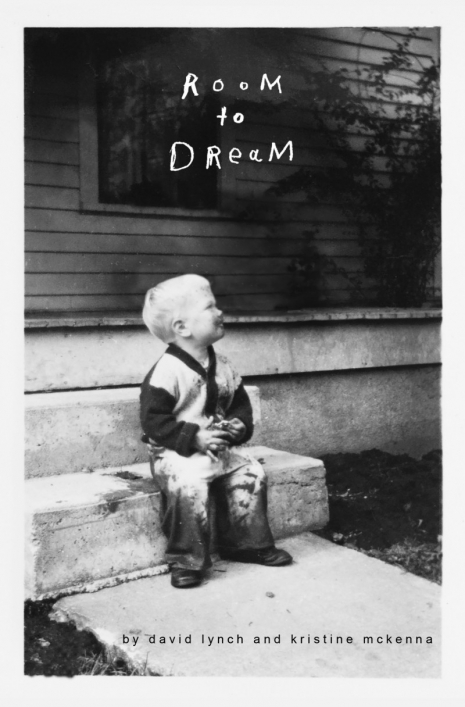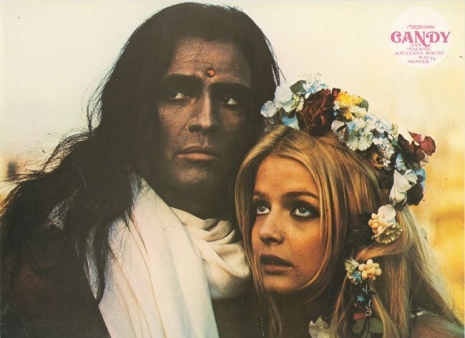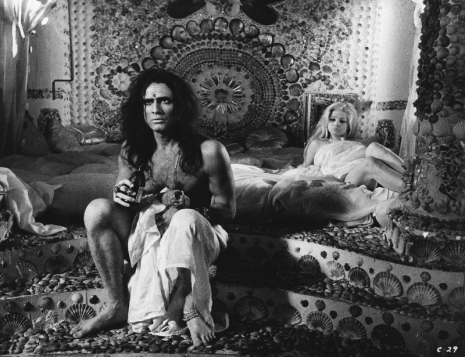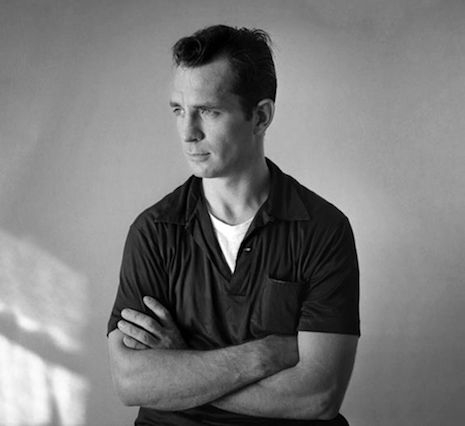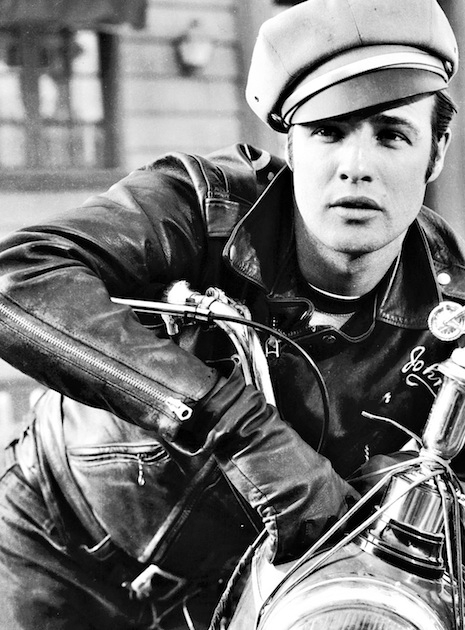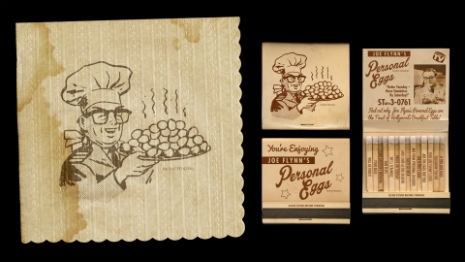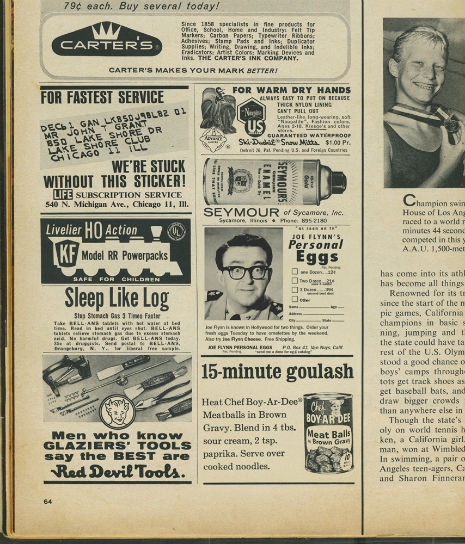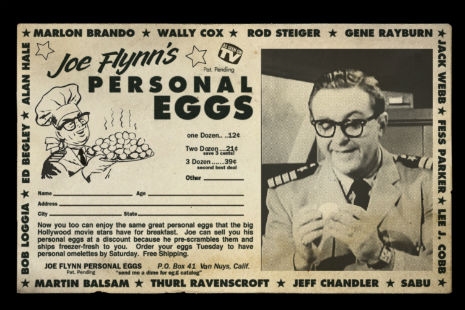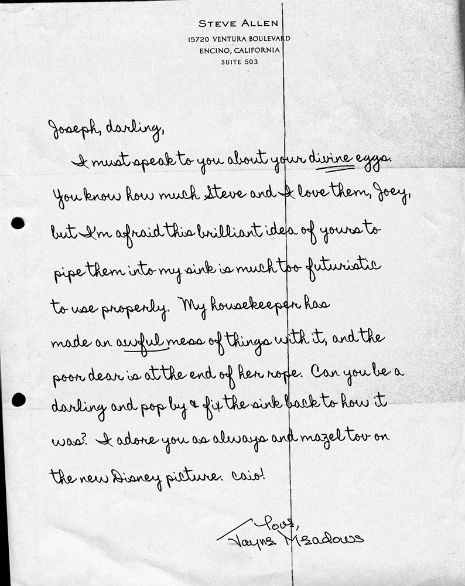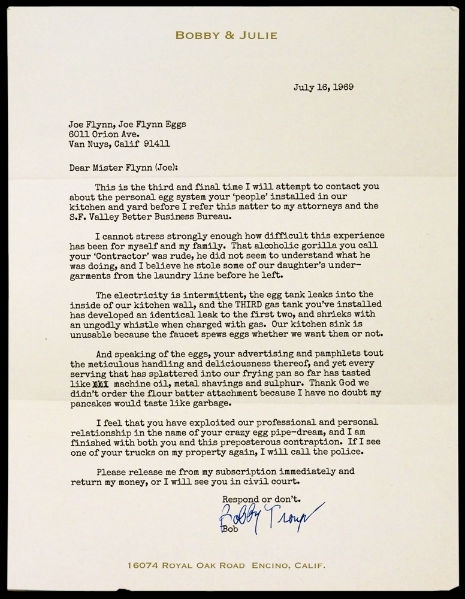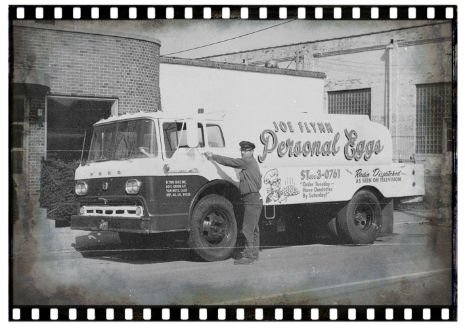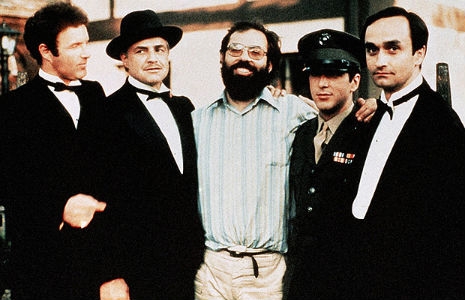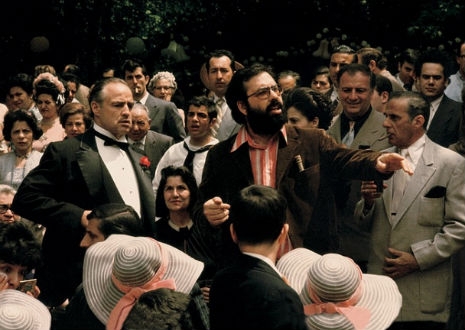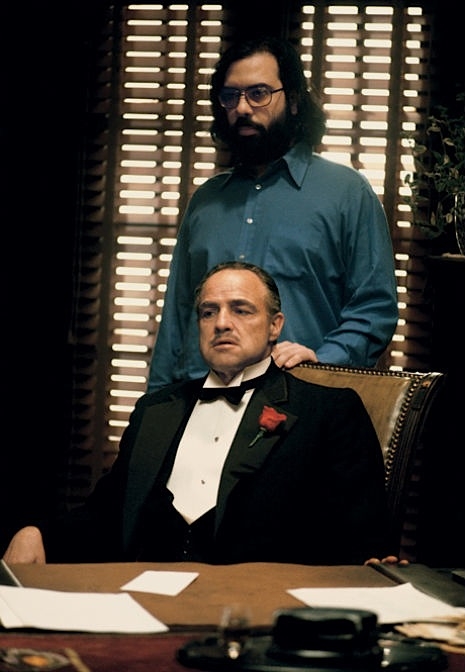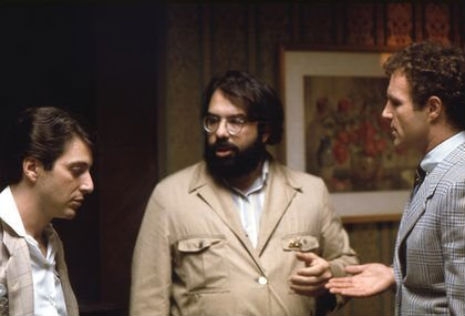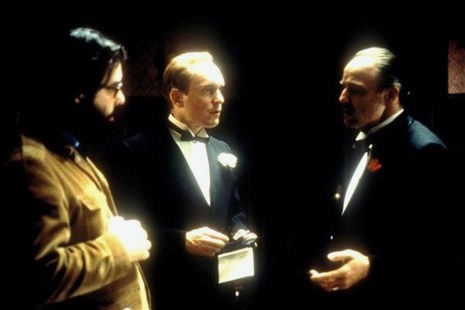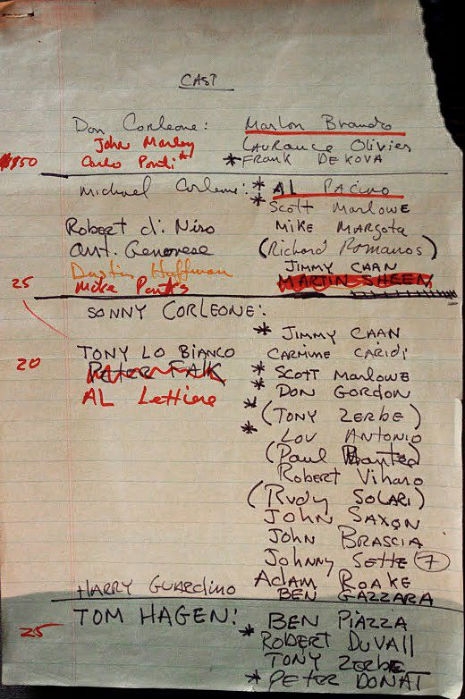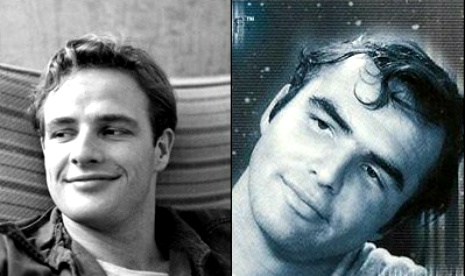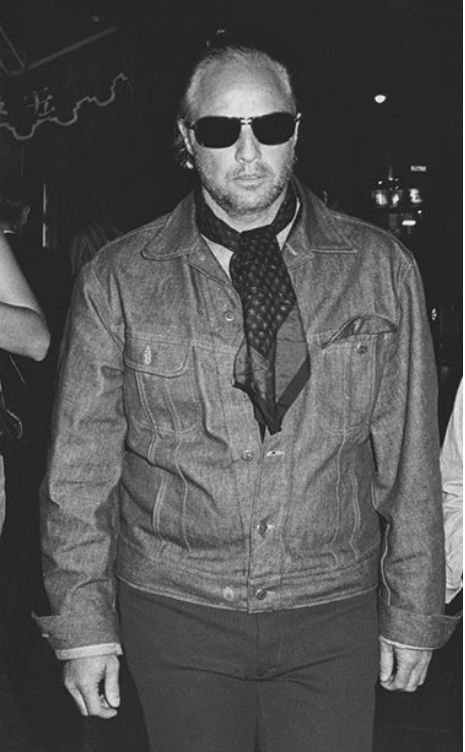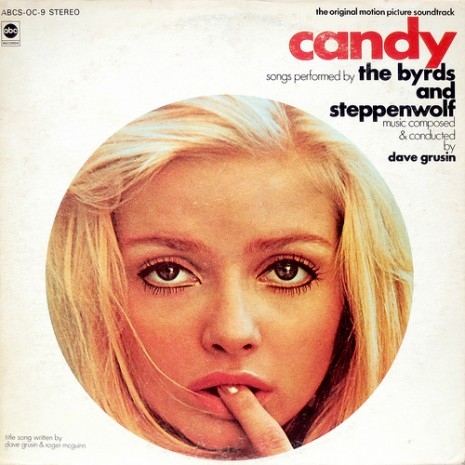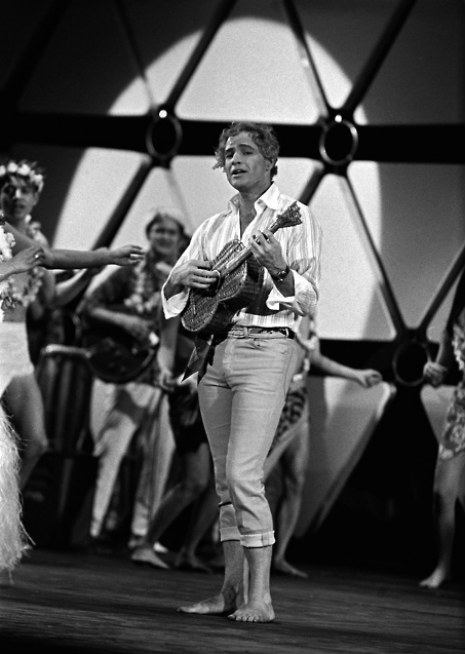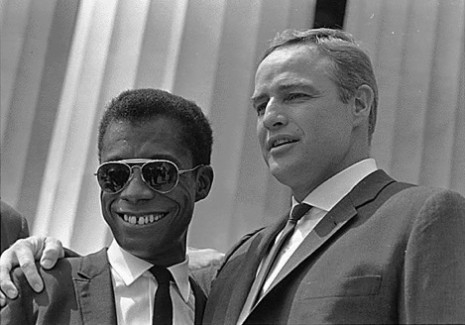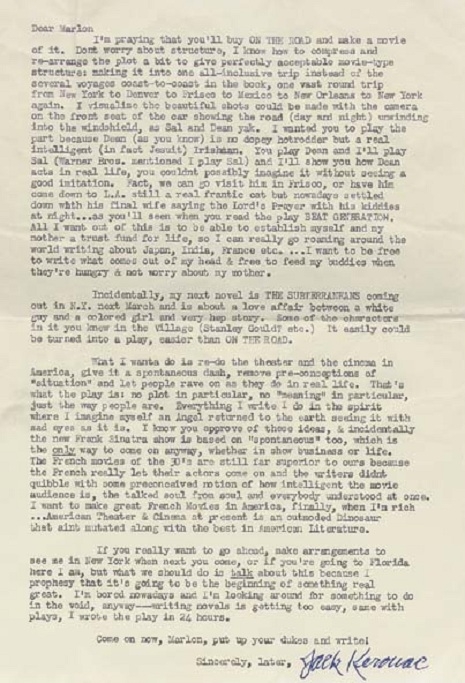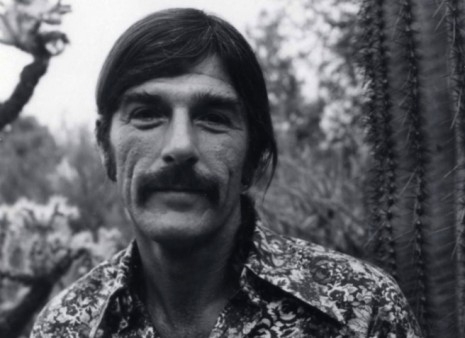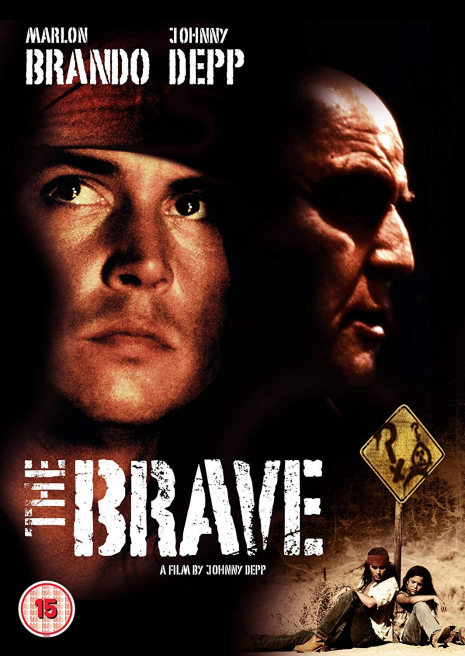
There is a very good reason why you’ve probably never seen—or even heard of—a 1997 film titled The Brave that was both directed by, and starred, Johnny Depp: It’s one of the worst films ever made. I mean like as in one of the very fuckin’ worst movies ever made, okay? How else to explain why a feature directed by one of the then most bankable movie stars in Hollywood, and that features a soundtrack by Iggy Pop and one of the final film roles of Marlon Brando, has never been released in the United States, either theatrically, on cable TV or even on DVD? Yes, it’s that bad.
The Brave is an appalling and horrendous piece of shit that apparently left audiences at the Cannes FIlm Festival slack-jawed and saw Depp’s “people” swoop in to make sure that it wasn’t about to ruin their cash cow’s reputation. If The Brave had an odor, it would be lethal and take a hazmat suit with a gas mask to deal with. The film has only ever seen the light of day in ex-US territories, mostly Asia, where it was immediately bootlegged. Trust me, they did Depp a major solid by trying to bury this turd as deeply as possible. (For fun, put yourself into the shoes of the manager or agent who had to put it to one of the world’s biggest movie stars that he’d made a film that was unreleasable! Depp probably looks back on it now and thinks “Thank god I listened to them.”)
Now, be aware that I say all of this as somewhat of an enthusiast, even a connoisseur of “bad films,” myself, but they have to be of the “so bad they’re good” variety, not films that are just… shitty, misguided and boring. The Brave is all that and a lot more. It’s awfulness is special. One of a kind.
The Brave is Depp’s The Day The Clown Cried.
I first read about the film’s existence in Jane Hamsher’s book Killer Instinct, about the insanity she experienced during the of filming of Oliver Stone’s Natural Born Killers. There is just a paragraph or two describing the plot of The Brave in the book and after reading this, I just had to see it. However, this was approximately 1999 when I read it and sans bit torrent, it wasn’t going to be that easy to get my hands on it. A few days later, I figured out that a friend of someone I knew invested in the film and I got him to ask for a copy. The reply came in the form of a suspicious question: “Why does he want to see it?”
Why do you think?!?! Nevertheless, I got a copy with the extracted promise that I wouldn’t say where it had come from. Seemed fair.
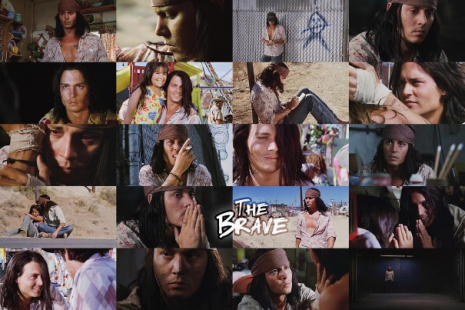
So what is it that’s so freaking bad about this film, anyway? God, where do you start?
Okay, first the plot: Depp play a Native American guy named Raphael who lives with his wife and catatonic children in a shantytown near (in?) a garbage dump. He’s an alcoholic and sees no hope for ever being able to pull himself and his family out of their abject poverty. Raphael, who is illiterate, is told of a sinister man named McCarthy who is willing to offer $50,000 if Raphael will agree to be brutally tortured, dismembered and murdered for a snuff film. Raphael sees this as a last ditch way to lift his family from the life they are leading. After a scene of Brando acting as psychotic as you’ve ever seen him, delivering a ridiculous (obviously improvised) wheelchair-bound soliloquy about how the snuff movie will allow those who see it to face death more honestly, and how Christ-like Raphael’s sacrifice will be (it’s Island of Dr. Moreau-worthy stuff), Raphael is given a bag of cash as an advance and signs a bogus contract consisting of gibberish that he thinks will secure his family’s future after he’s gone. If Raphael skips out on the contract, he is told by one of his henchmen, McCarthy will find, fuck and eat his wife and kids
Raphael is supposed to return at the end of seven days to McCarthy’s seedy bunker to be killed in the snuff film. Most of the rest of The Brave shows him showering gifts on his wife children (such as hiring in a small fun fair) and dealing with the fate he’s signed up for. On the seventh day, Raphael returns to the fortress where McCarthy makes his films and The Brave ends (thank god!).
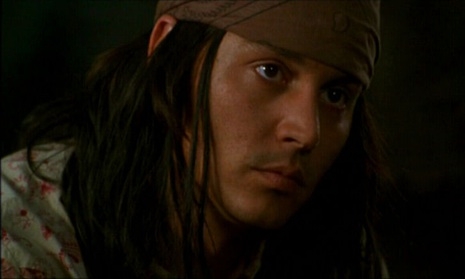
On a technical level, the film is well-shot (by frequent Terry Gilliam collaborator Nicola Pecorini) and edited. Clearly Johnny Depp would have access to the best “below the line talent” money could buy. It’s a technically competent film. The biggest problem with The Brave—the fatal problem, in fact, and precisely what makes it so incredibly bad—is Depp himself in the lead role. Casting himself as “Raphael” was a major, major miscalculation for several reasons, with Depp’s movie star looks being the primary culprit. As I understand it, the original novel/script called for the character to be brain-damaged from alcohol abuse or somewhat mentally handicapped. Had the role been played by a Native-American actor who was dumpy and monosyllabic, it might have worked (or at least not turned out to be the atrocity it did). The audience just never buys pretty boy Depp (looking like a Silverlake hipster) in the role for even a single second and scenes that might (I said might) have otherwise been moving with a different actor in the part, are instead just fodder for loud guffaws, sideways glances, and mucho eye-rolling. It’s a mawkish mess. It tries to manipulate the audience’s emotions, but only elicits… boredom, disgust and pointing and laughing at the screen.
Everyone I watched it with HATED IT, just fucking hated it, and unless you’re a weirdo with shitty taste in films, you will probably hate it, too. When it’s (finally) over, you just want to take about twenty showers and try to scrub it out of your mind. Which. Is. Not. Possible.
Of course, I realize that to some of you reading this, that even this negative review sounds like an endorsement of some sort—perhaps of the “this smells like shit, take a whiff” variety. After all, when I secured my own copy of this gargantuan awfulness 20 years ago, it was certainly my firm expectation that I would be seeing a colossally bad film (and I did). This is not to say, however, that having had that experience, that I’m now recommending watching The Brave to others (to be clear, I am not). If you don’t care and want to see it anyway (it’s all over the web now, just search for it on Google) do yourself a favor and do what I didn’t do and turn it off after Marlon Brando’s scene near the beginning of the film. It’s the only, uh, “good” part of it and as I wrote above, truly one of his single most most berserk onscreen moments.
The rest of it, trust me (no really!) you really, really, really don’t want to see. Not only is it a complete waste of 90 minutes of your life that you will never, ever get back, it’ll just make you feel icky. For days.
And who needs that?
Marlon Brando’s big scene:







